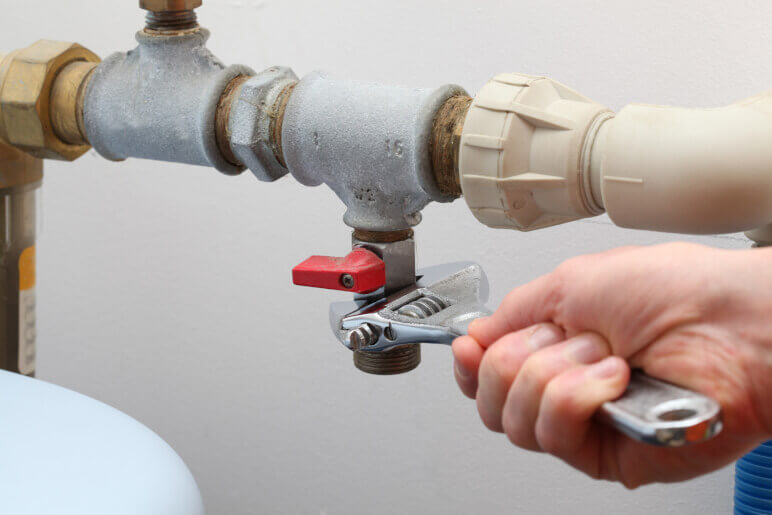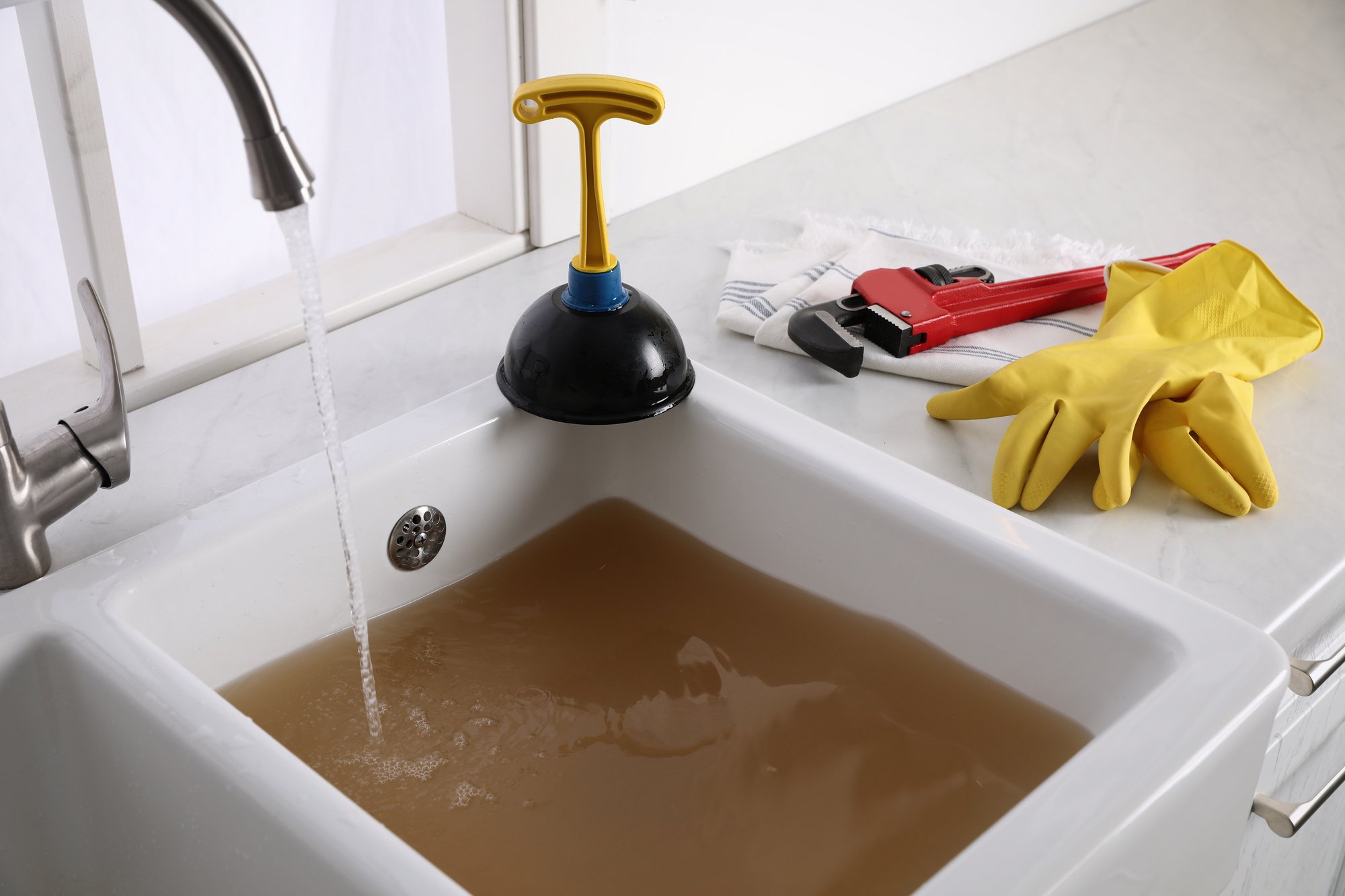Essential Bathroom Plumbing Guidelines for Beginners
Essential Bathroom Plumbing Guidelines for Beginners
Blog Article
We have come across this article about Smart Plumbing Tips for New Homeowners below on the internet and concluded it made sense to talk about it with you on this page.

For new house owners, understanding and keeping washroom plumbing can conserve both money and time by preventing costly issues down the line. Here are some necessary shower room pipes ideas to help you keep everything running efficiently.
Acquaint Yourself with the Key Shut-Off Valve
Understanding where the primary water shut-off valve is located in your house is vital. This allows you to swiftly turn off the supply of water in case of major leaks or throughout plumbing emergencies, avoiding extensive water damages.
Regularly Inspect for Leaks
Little leaks can lead to large issues. Consistently check under sinks, around commodes, and near plumbing components for any kind of signs of leaks. Seek dampness, little drips, or corrosion. Capturing and repairing leaks early can prevent a lot more significant damages and conserve water.
Do Not Overlook Slow Drains
If your sink or tub is draining pipes gradually, it's often a sign of an obstruction creating. Resolving this very early can stop a total obstruction. Use a bettor or a plumbing's snake to remove particles. Prevent using chemical drain cleaners as they can harm your pipelines over time.
Know What Not to Flush
Commodes are not garbage disposals. Avoid flushing anything besides toilet paper and human waste. Things like wipes, feminine health items, and cotton swabs should be disposed of in the trash to prevent blockages and drain backups.
Install Strainers in Drains
Location filters in your sink and bathtub drains to capture hair and various other debris before they enter your pipes system. Cleaning the strainers regularly will assist protect against buildup and keep water streaming openly.
Keep Your Hot Water Heater
Ensure your water heater is set to a proper temperature level (typically around 120 levels Fahrenheit) to prevent hot and reduce power use. Flush the tank annually to eliminate sediment buildup, which can decrease the performance and life expectancy of your heater.
Update Your Components
If your home has older components, consider updating to a lot more effective designs. Modern bathrooms, showerheads, and faucets are designed to make use of much less water while supplying excellent stress, which can significantly reduce your water costs and ecological impact.
Be Cautious with Do It Yourself Pipes Fixes
While it's tempting to handle all home repairs on your own, be cautious with plumbing. Some concerns could require expert expertise, specifically if they involve primary water lines or sewage system repair work. Working with an expert can often be more affordable than do it yourself, especially if it stops additional damages.
Get Ready For Cold Weather
Protect your pipes from freezing during cold weather by insulating pipes in unheated locations like cellars, attics, and garages. Throughout severe chilly, let cold water drip from taps offered by subjected pipelines to assist avoid cold.
Arrange Regular Maintenance
Think about organizing annual assessments with a qualified plumbing. They can detect problems that you may miss, such as covert leakages or damage on pipelines and fixtures. Regular upkeep aids prolong the life of your plumbing system and can stop emergencies.
Final thought
Recognizing and maintaining your home's washroom pipes can protect against numerous typical problems. By adhering to these vital tips, you can ensure your shower room continues to be useful and reliable, conserving you money and time in the long run.
Essential Plumbing Tips for Homeowners: Keep Your Pipes Flowing Smoothly
As a homeowner, understanding the basics of your plumbing system can save you time, money, and a lot of headaches. Plumbing issues can range from minor annoyances like dripping faucets to major problems like burst pipes that cause significant damage. This guide provides essential tips to help you maintain your plumbing system and tackle common issues.
Understanding Your Plumbing System
Supply System: Brings fresh water into your home from a municipal source or a well. Drain-Waste-Vent System: Removes wastewater and vents sewer gases outside. Fixtures and Appliances: Includes sinks, toilets, showers, dishwashers, and washing machines. Basic Maintenance Tips
Regular Inspections: Periodically check for leaks, corrosion, and other signs of wear and tear. Look under sinks, around toilets, and near water heaters. Know Your Main Shut-Off Valve: In case of a major leak, you’ll need to shut off the water quickly. Ensure everyone in your household knows where the main shut-off valve is located. Prevent Frozen Pipes: In cold climates, insulate exposed pipes and let faucets drip during extreme cold to prevent freezing. Use Strainers: Install strainers in sinks and tubs to catch hair, food particles, and other debris that can cause clogs. Common Plumbing Issues and Solutions
Clogged Drains:
Prevention: Avoid pouring grease down the drain and use drain screens to catch debris. DIY Fix: Use a plunger or a plumbing snake to clear minor clogs. For stubborn clogs, a mixture of baking soda and vinegar can sometimes help. Leaky Faucets:
Prevention: Replace washers and seals regularly. DIY Fix: Turn off the water supply, disassemble the faucet, and replace worn parts.

Detail Report this page